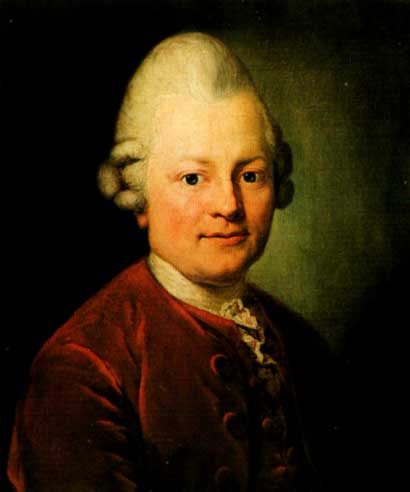Dramaturgist on:
[Wikipedia]
[Google]
[Amazon]
A dramaturge or dramaturg is a literary adviser or editor in a theatre, opera, or film company who researches, selects, adapts, edits, and interprets scripts, libretti, texts, and printed programmes (or helps others with these tasks), consults authors, and does public relations work. Its modern-day function was originated by the innovations of

Literary Managers & Dramaturgs of the Americas
official website of the organization of these professionals in North America Dramaturges Theatrical occupations {{theatre-stub
Gotthold Ephraim Lessing
Gotthold Ephraim Lessing (, ; 22 January 1729 – 15 February 1781) was a philosopher, dramatist, publicist and art critic, and a representative of the Enlightenment era. His plays and theoretical writings substantially influenced the developmen ...
, an 18th-century German playwright
A playwright or dramatist is a person who writes plays.
Etymology
The word "play" is from Middle English pleye, from Old English plæġ, pleġa, plæġa ("play, exercise; sport, game; drama, applause"). The word "wright" is an archaic English ...
, philosopher
A philosopher is a person who practices or investigates philosophy. The term ''philosopher'' comes from the grc, φιλόσοφος, , translit=philosophos, meaning 'lover of wisdom'. The coining of the term has been attributed to the Greek th ...
, and theatre theorist.
Responsibilities
One of the dramaturge's contributions is to categorize and discuss the various types of plays or operas, their interconnectedness and their styles. The responsibilities of a dramaturge vary from one theatre or opera company to the next. They might include the hiring of actors, the development of a season of plays or operas with a sense of coherence among them, assistance with and editing of new plays or operas by resident or guest playwrights or composers/librettists, the creation of programmes or accompanying educational services, helping the director with rehearsals, and serving as elucidator of history or spokesperson for deceased or otherwise absent playwrights or composers. At larger theatres or opera houses, the dramaturge works on the historical and cultural research into the play or opera and its setting. In theatre companies, a dramaturge will create a workbook for the director and actors (usually these are different) and work extensively with the director prior to the first rehearsal.History

Gotthold Ephraim Lessing
Gotthold Ephraim Lessing (, ; 22 January 1729 – 15 February 1781) was a philosopher, dramatist, publicist and art critic, and a representative of the Enlightenment era. His plays and theoretical writings substantially influenced the developmen ...
was hired by the Hamburg National Theatre in 1767, to serve as the theatre's critic of plays and acting, a position which would later be named dramaturge. This position grew over time to what it is today, encompassing the wide variety of tasks seen by modern dramaturgies.
Discrepancies with definition
The modern definition of ''dramaturge'' is often debated as to what specific tasks this job does, with some defining it as the bridge between the director and the actors, others defining it as one who determines the meaning of plays and shows for the actors, and others claiming that even they don't quite have a complete definition for their job. This discrepancy between dramaturges is likely due to the lack of an official historical definition, and the wide variety of tasks that dramaturges could be asked to work on, depending on the theatre, director, the show being produced, and the actors. Since Gotthold Ephraim Lessing didn't create an official definition for his own position at the Hamburg National Theatre, modern dramaturges have to infer their tasks based on what Lessing did during his career, and adapt to the current needs of modern theatre.Recent growth of dramaturgies
Since the year 2000, the number of dramaturges working around the world has increased, albeit it still remains a fairly rare job to have. In 2000, 400 dramaturges were recorded to be active in the United States, with that number growing. There are various possibilities for what is causing this growth, but some dramaturges attribute the growth to the fact that dramaturgy combines two popular studies for young students: the liberal arts and theatre. Some dramaturges are worried, however, that this growth may slow down, due to a decrease in the number of modern plays being written.See also
*Dramaturgy
Dramaturgy is the study of dramatic composition and the Representation (arts), representation of the main elements of drama on the stage.
The term first appears in the eponymous work ''Hamburg Dramaturgy'' (1767–69) by Gotthold Ephraim Lessing ...
References
External links
Literary Managers & Dramaturgs of the Americas
official website of the organization of these professionals in North America Dramaturges Theatrical occupations {{theatre-stub